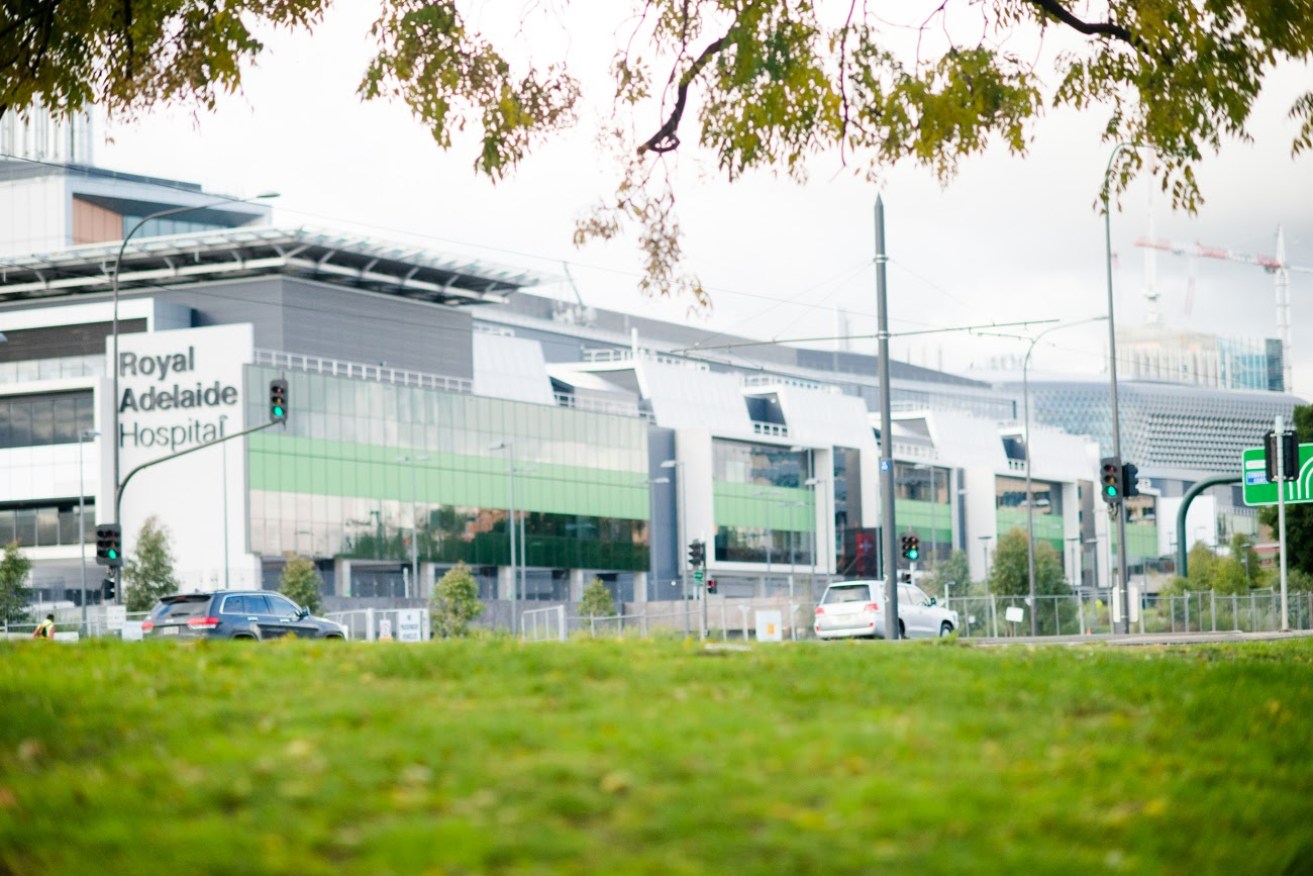Why SA cardiology services need to change
Cardiology services in South Australia need to change to reduce the risks of disability or death, writes Transforming Health clinical ambassador Dorothy Keefe.

The grass is greener: Dorothy Keefe says centralised cardiology services will be better for patients.
There has been much said about the changes to cardiology services at the Queen Elizabeth Hospital being made as part of Transforming Health, as reflected in the recent InDaily opinion piece authored by the hospital’s head of cardiology, Professor John Horowitz.
There will always be a small number of detractors who just want everything to stay as it is, and where it is, despite all the contemporary clinical evidence.
Yesterday on radio Professor Horowitz said that: “I certainly have a vested interest in protecting my patch … I’m very proud of what we do at the Queen Elizabeth Hospital…” and that “…whatever decision is being promulgated I will dispute this and fight it to the very limit of my capacity”.
I respect these views and Professor Horowitz’s significant contribution to cardiology services in this state, however the facts show that we can and should do things better.
The latest data shows that the QEH does not achieve better outcomes for cardiology patients than the Royal Adelaide Hospital and, in fact, the costs are higher.
It is unfair for South Australians to accept a higher risk of disability or death depending on where they live, or if they require cardiology services at night or on the weekends, because specialist services aren’t available.
Cardiology treatments require a wide range of highly skilled professionals. This means concentrating services in centres of excellence rather than spreading staff, skills and equipment over too many sites.
This model of care is backed by international evidence including data from the American Heart Association and the United Kingdom’s National Clinical Director for Heart Disease and Stroke, Professor Roger Boyle, who said:
“Rapid specialist care concentrated in centres of excellence can save lives and reduce disability for heart attack and stroke victims.”
Bypassing local hospitals to deliver specialist treatment will prevent heart attacks and save lives.
In South Australia we are changing where we provide key services, and particularly where people can get 24/7 care, so that when people arrive at hospital they get the treatment they need – without delay and without having to be moved unnecessarily.
These new ways of delivering care are being led by hundreds of the smartest and most experienced clinicians in the state. They are committed to seeing these changes through and making sure that for generations to come, South Australians continue to have access to sustainable and high quality care – wherever they live.
Patients experiencing once-in-a-lifetime events such as strokes and heart attacks will be treated at the new RAH, Flinders Medical Centre and Lyell McEwin Hospital to ensure they receive best care, first time, every time.
This involves the movement of some services to make the RAH the centre of excellence for cardiology while maintaining some cardiology services at the QEH.
Cardiac patients from the central areas of Adelaide will be directly admitted to state-of-the-art emergency services available at the new RAH, where they will receive faster access to the care they need.
Cardiac patients from the northern suburbs, who are currently transported to the QEH, will all be able to receive their treatment much closer to home at the Lyell McEwin Hospital.
Due to the current set up of hospital services and facilities, only half of the population in Adelaide’s north and north east are accessing health services close to home.
In comparison, our health networks in the central and southern regions are treating around 90 per cent of their local communities.
Our highly skilled paramedics are also playing a greater role in assessing where patients should be treated, taking heart patients direct to a specialist heart attack treatment centre.
Bypassing local hospitals to deliver specialist treatment will prevent heart attacks and save lives. Internationally, all the medical studies and experts agree that the sooner you start specialist treatment in the right setting for heart victims the better. And all the other directors of cardiology units in SA support these changes.
Since Transforming Health was implemented, we have already seen positive results. South Australian patients are spending on average seven hours less in metropolitan hospitals despite more presentations than ever before. Patients are getting to theatre quicker, spending less time in hospital, receiving better quality care and getting home sooner.
The core of this reform is to provide patients with the best quality care, no matter their postcode or socio-economic background. Through Transforming Health, South Australians will continue to benefit from a service that can adapt to the needs of future generations.
Professor Horowitz has been involved in the extensive consultation process and it is sad that he believes that his opinion was not listened to, just because he disagrees with the direction we’ve taken.
Medicine and healthcare is always changing – we need to embrace change and value its power to transform care for cardiology patients, reducing disability and saving lives.
Professor Dorothy Keefe P.S.M. is Clinical Ambassador for the State Government’s Transforming Health project.




